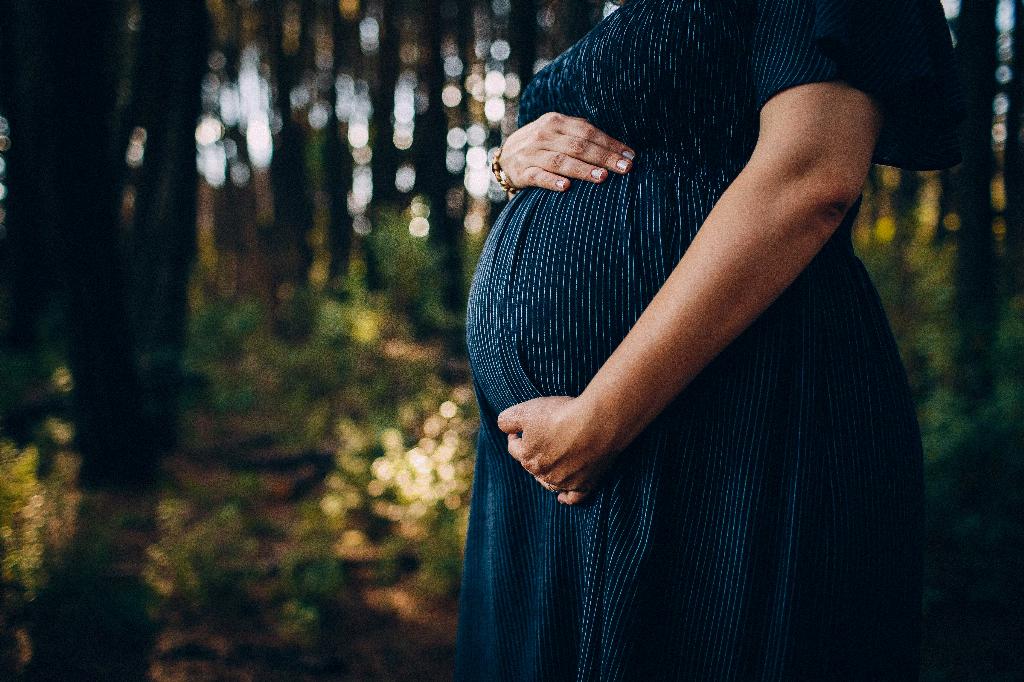When it comes to the early stages of pregnancy testing, many women wonder if it is possible to receive a positive result as early as 2-3 weeks post-conception. This is an important question that can lead to various emotions and concerns for those who are eagerly awaiting confirmation of pregnancy.
The Role of hCG Levels
Human Chorionic Gonadotropin (hCG) is a hormone that is produced by the placenta after the embryo attaches to the uterine lining. The level of hCG in a woman’s body increases rapidly in the early stages of pregnancy. This hormone is what pregnancy tests detect to determine if a woman is pregnant.
Timing of Pregnancy Testing
While some pregnancy tests claim to provide accurate results as early as a few days before a missed period, these tests may not always be reliable during the very early stages of pregnancy. At 2-3 weeks post-conception, the hCG levels may vary significantly between individuals, making it challenging to get a definitive result.
False Negative Results
Receiving a negative result on a pregnancy test at 2-3 weeks does not necessarily mean that you are not pregnant. It may be too early for the test to detect the hCG hormone, leading to a false negative result. In such cases, it is recommended to wait and retest after a few more days.
Consulting with Healthcare Provider
It is always advisable to consult with a healthcare provider if you suspect you may be pregnant. Healthcare providers can conduct blood tests that are more sensitive in detecting low levels of hCG, providing a more accurate confirmation of pregnancy at an early stage.
Importance of Confirmation
Confirming pregnancy early on is crucial for initiating prenatal care and making necessary lifestyle adjustments. Knowing early can help ensure a healthy pregnancy and allow for proper monitoring of both the mother’s and baby’s health.
Emotional Rollercoaster
The time between conception and confirming pregnancy can be an emotional rollercoaster for many women. The anticipation, uncertainty, and mix of emotions during this period can be overwhelming. It is essential to address these emotions and seek support if needed.
Early Signs of Pregnancy
While waiting for a definitive answer from a pregnancy test, some women may experience early signs and symptoms of pregnancy, such as fatigue, breast tenderness, nausea, and frequent urination. These signs can further increase the anticipation and desire for confirmation.
Accuracy of Tests
Pregnancy tests are designed to detect the presence of hCG in urine or blood samples. However, the accuracy of these tests can vary depending on the sensitivity of the test and the timing of testing. Factors such as irregular menstrual cycles can also impact the reliability of results.
Patience is Key
Patience is essential when it comes to early pregnancy testing. While the desire to know the outcome may be intense, waiting a few more days before retesting can provide more accurate results. Remember that each woman’s body is unique, and hCG levels may rise at different rates.
Seeking Support
If you are going through the process of early pregnancy testing and feeling anxious or uncertain, reaching out for support from loved ones or healthcare professionals can provide reassurance and guidance. It is common to have mixed emotions during this time, and it’s okay to seek help.
Conclusion
In conclusion, while it is possible to receive a positive pregnancy test result at 2-3 weeks post-conception, the accuracy and reliability of the test may vary among individuals. Consulting with a healthcare provider for confirmation and guidance is recommended for a more concrete understanding of your pregnancy status.

